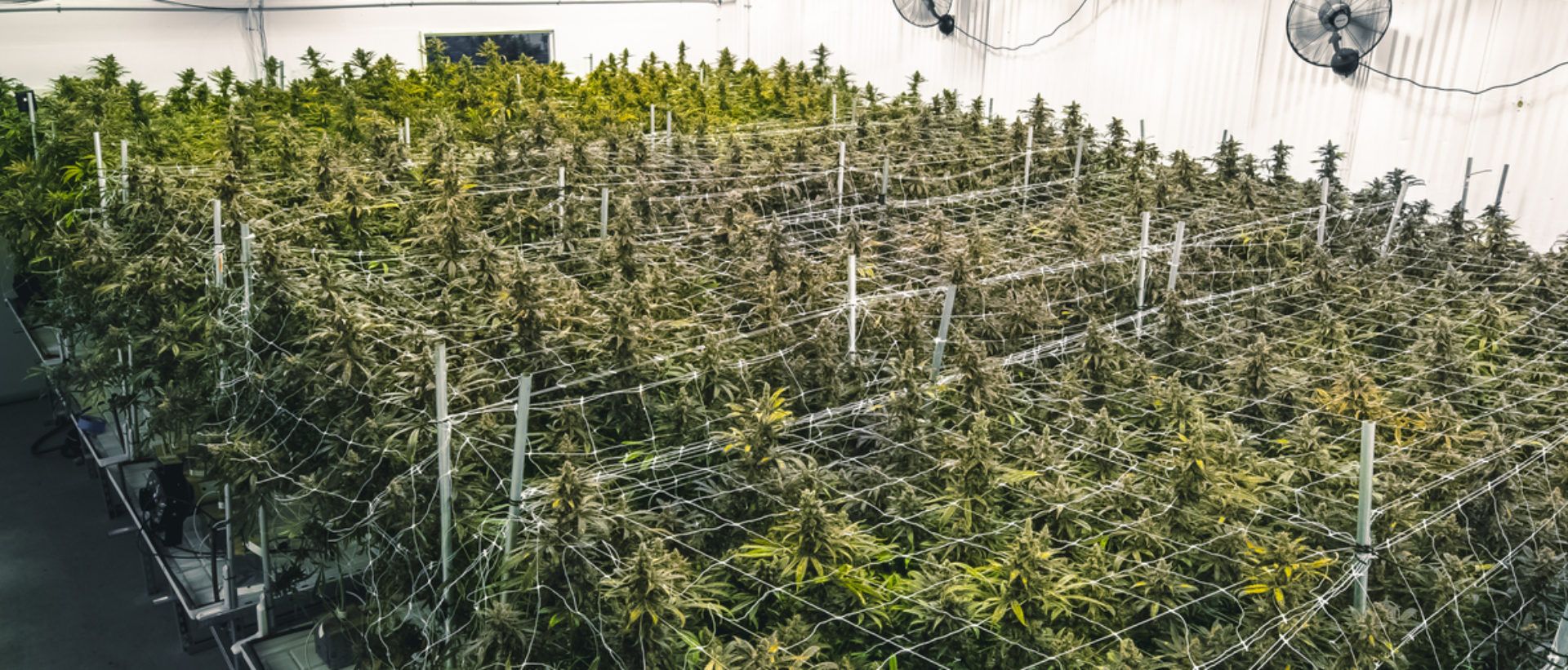As momentum builds toward the rescheduling of cannabis from Schedule I to Schedule III, bulk distributors across the U.S. are beginning to reassess their potential role in a new federal landscape. Many insiders believe that this policy shift, currently under review by the DEA, could be transformational—streamlining operations, opening national supply chains, and even creating pathways to export markets.
The federal rulemaking process remains in motion after the August 2023 recommendation from the Department of Health and Human Services (HHS) to reclassify cannabis to Schedule III. A final rule is expected once pending hearings and appeals reach resolution—a milestone eagerly anticipated by industry players.
Tax Relief and Financial Accessibility
A Schedule III designation would allow cannabis businesses to deduct typical operating expenses under IRS Code section 280E, significantly reducing their effective federal tax burden. Currently, businesses, including large wholesale distributors, face near‑50% tax rates compared to the standard 21% allocation. For bulk distributors operating on narrow margins, this will boost profitability and may stimulate further capital investment.
Interstate Commerce Gains
Rescheduling would ease federal restrictions on interstate transport of cannabis, currently a central constraint. Research suggests that lifting these barriers could increase operational efficiency and economies of scale—benefiting distributors with multi-state ambitions during an era when consolidation is already reshaping the sector. Bulk suppliers could efficiently transfer inventory between states, aligning product flow with demand peaks and optimizing logistics.
DEA-Registered Bulk Manufacturers Poised to Lead
Bulk manufacturers registered with the DEA already hold licenses to produce and distribute cannabinoid ingredients at scale. Legal analysts argue these entities are strategically positioned to gain early access to international medical markets and dominate emerging federal supply chains. Their readiness and infrastructure may accelerate their rise once new regulations are finalized.
Risks and Regulatory Headwinds
Yet, significant challenges loom. The DEA’s 2025 report emphasizes ongoing concerns about illicit cultivation, unregulated potency, and black‑market infiltration, especially involving overseas criminal groups. Bulk distributors will be closely scrutinized to prevent leakage into unregulated markets. They’ll likely face tighter tracking protocols, potency caps, and standardized labeling requirements to mitigate diversion.
Banking, Compliance, and Market Consolidation
Banking problems have plagued cannabis wholesalers due to federal classification. Rescheduling may ease access to traditional financial services but would not eliminate existing regulations. Industry groups like the National Cannabis Industry Association continue to lobby for both federal rescheduling and banking reform. Larger distributors, already flush with institutional backing, are expected to benefit most. Meanwhile, smaller regional operators may struggle to meet new compliance demands, fueling consolidation.
Global Aspirations
Despite optimism domestically, experts warn that rescheduling alone won’t immediately facilitate exports. Some suggest legislative fixes, such as export-only programs or amendments like “STATES 2.0”, will be needed for U.S. operators to participate meaningfully in global wholesale markets.
In Summary
In aggregate, experts suggest that bulk cannabis distributors stand to reap significant benefits from federal rescheduling—through tax relief, interstate expansion, and potential international opportunities. However, these gains hinge on new compliance frameworks aimed at curbing illicit market risks. As regulatory clarity approaches, the distribution tier may emerge as a pivotal force in shaping a federally integrated cannabis supply chain.

